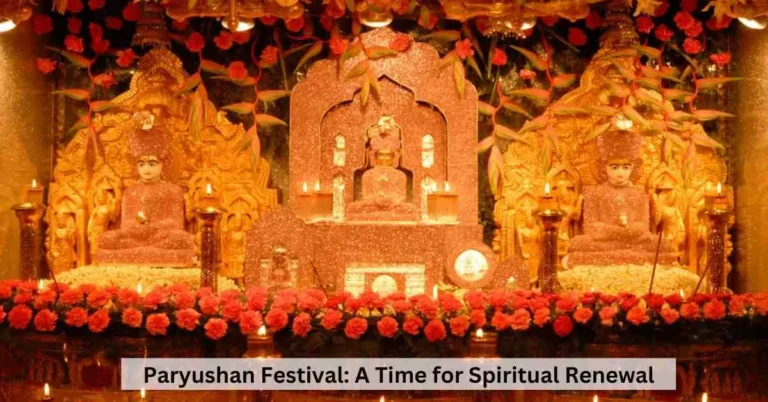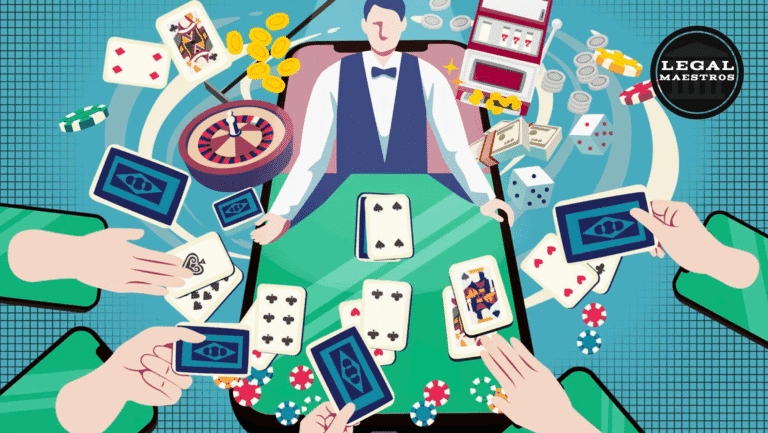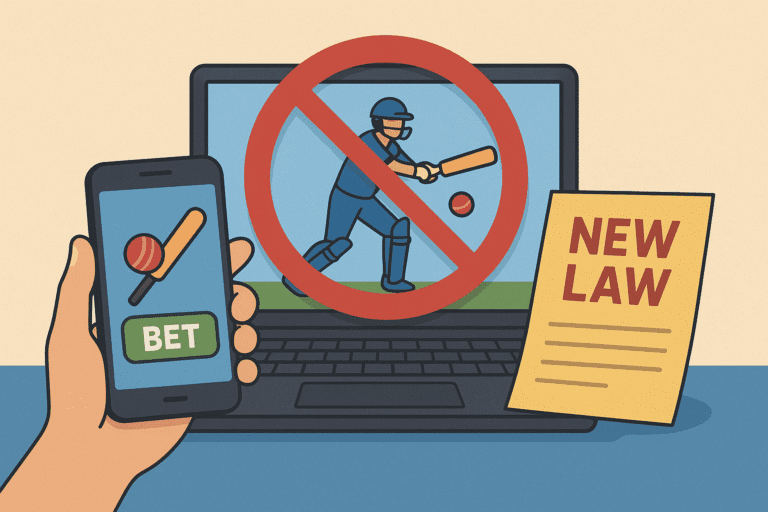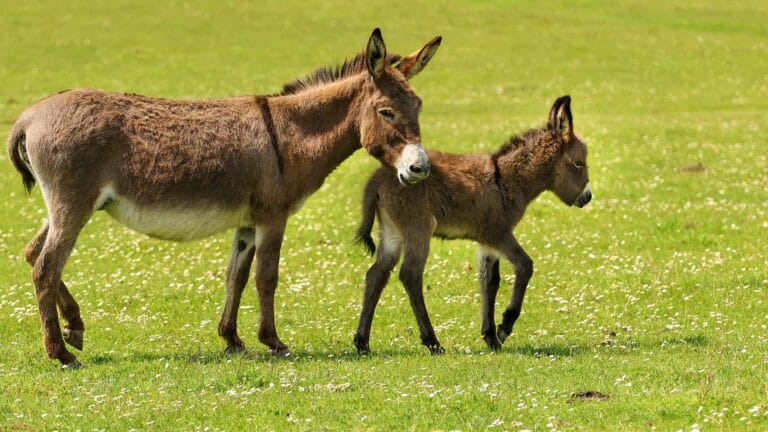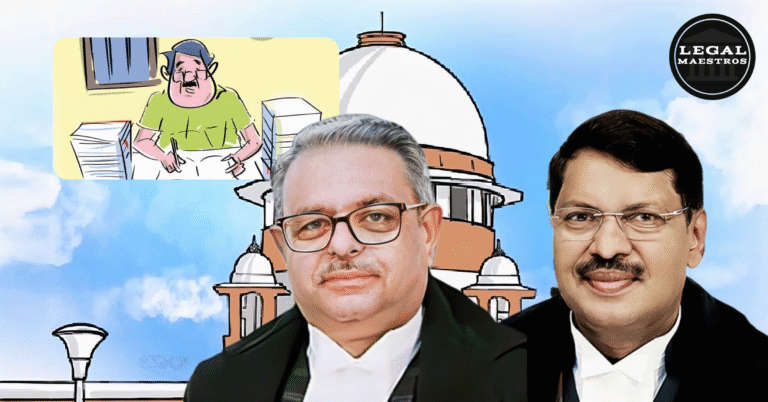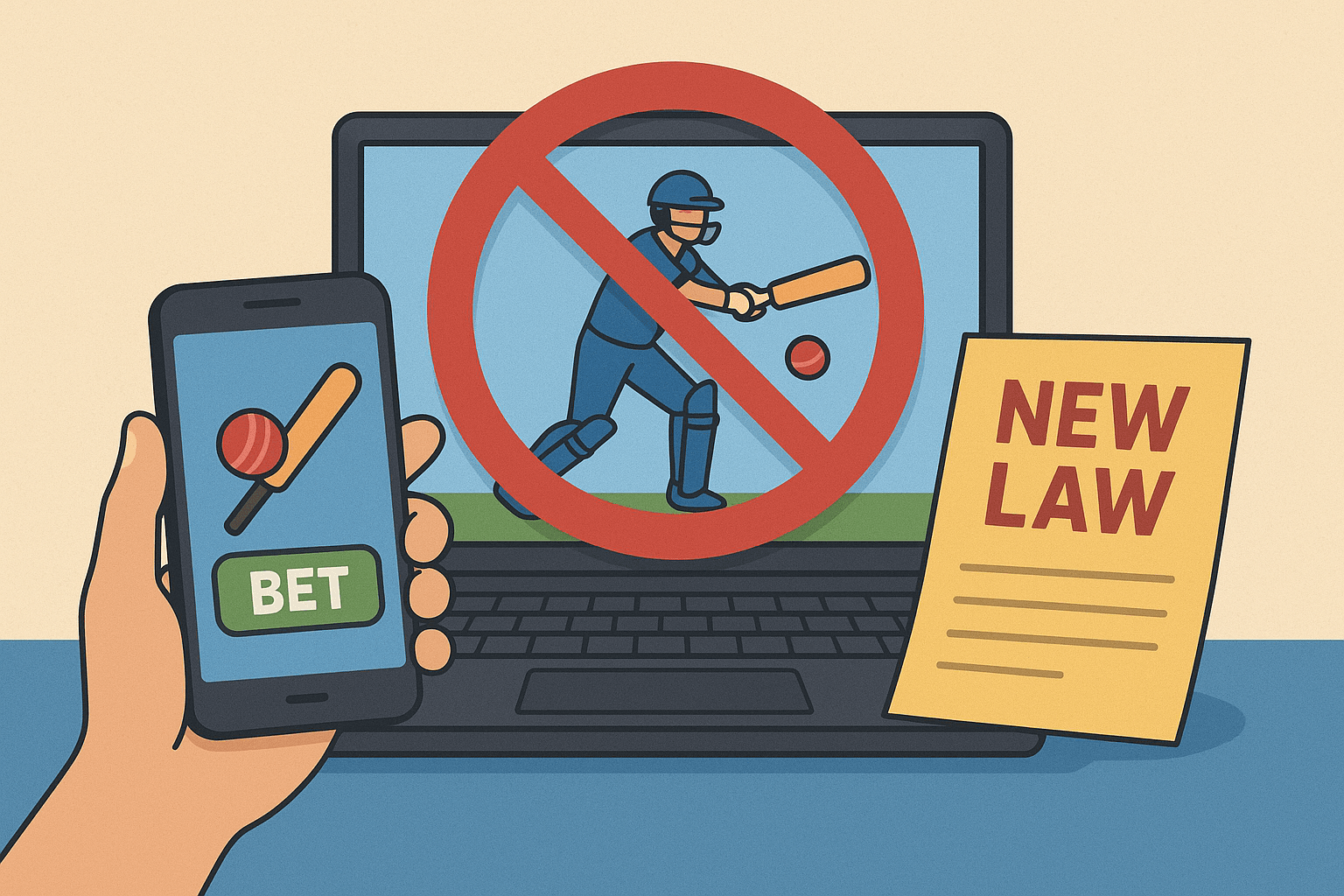
Online Gambling E Sports
-Akshat Tiwari
On 20th August 2025, the Central Government tabled The Promotion and Regulation of Online Gaming Bill, 2025 in the Lok Sabha. The Ministry of Electronics and IT stated on its X account that the Bill is “not about stopping gaming but encouraging the right kind”. [1]
For More Updates & Regular Notes, Join Our
WhatsApp Group
and
Telegram Group.
Contact us at
contact@legalmaestros.com.
While introducing the Bill, IT Minister Ashwini Vaishnaw mentioned that the Bill deals with three kinds of online games: e-Sports, Online social games and online money games. The aim of the Bill is to promote the former two while prohibiting the offering, operation, facilitation, advertisement, promotion and participation in online money games. The bill defines an Online Money Game as:
“… an online game, irrespective of whether such game is based on skill, chance, or both, played by a user by paying fees, depositing money or other stakes in expectation of winning which entails monetary and other enrichment in return of money or other stakes; but shall not include any e-sports”[2]
The Mischief
The core objective of the Bill is to curb the growing influence of online money games in the lives of young individuals. India loves cricket, and when Indians watch their idols endorsing fantasy gaming (a type of online money games) apps like Dream11 or Winzo, they can’t help but be tempted to chase the huge sums promised to winners. The high-risk high-reward nature of these games brings a sense of thrill and anticipation among players and, more often than not, leads to chronic addictions to bet larger amount each time.
While the youth of other countries like China are busy learning to build complex AI systems or dominating the Olympics, your regular Indian is building their team on Dream 11. India is losing its human resource to an industry that is silently eroding its youth.
How the Bill deals with online money games?
As per the current version of the draft law, the government will prohibit any person from offering online games in India, failing which they could be imprisoned for up to three years, and fined Rs 1 crore. Those promoting such platforms, such as social media influencers, will also face imprisonment of up to two years, and a fine of Rs 50 lakh. The government will also prohibit banks and financial institutions from facilitating financial transactions on such platforms.[3]
The Bill does not aim to penalise any person who engages with such gambling activities, since it considers them as victims, not offenders. This demonstrates that the core object of the Bill is promoting public welfare over penalizing gambling as an offence in itself.
The Online Gaming Industry
Currently, the online skill gaming industry has an enterprise valuation of over ₹2 lakh crore and annual revenue exceeding ₹31,000 crore[4]. It contributes over ₹20,000 crore in direct and indirect taxes annually and is projected to grow at a 20% compound annual growth rate (CAGR), doubling by 2028[5]. However, with the new law in place, the industry is set to crumble. This means that platforms such as Dream11, Winzo, Rummy Circle and Zupee Ludo are likely to disappear from IPL advertisement campaigns.
Early attempts at regulating gambling activities:
In India, the Public Gambling Act, 1867 regulates gambling and betting. The Act criminalizes activities that may amount to gambling by prescribing penalties like fine and imprisonment. However, what merits attention is Section 12 of the Act, which expressly excludes a game of mere skill from the ambit of gambling.
Additionally, since Entry 34 of the State List in the Indian Constitution pertains to betting and gambling, various states have enacted their own laws for regulating the domain. Thus, states like Sikkim and Nagaland consider online gambling as a commercial activity under Art 19(1) (g) and have regulatory frameworks for the same. In contrast, there are states like Karnataka, Andhra Pradesh and Kerala which have a prohibitive stance towards gambling in general.
However, the central law for regulating, The Public Gambling Act 1867, as well as most state laws were enacted in the pre-internet era, mostly for physical locations like ‘gaming houses’ and horse racing events. Thus, they fail to account for digital platforms as means of gambling, leading to ambiguity regarding its legality.
Regulation in the internet-era:
In 2017, the Federation of Indian Fantasy Sports (FIFS) was established as a self-regulatory body. Since its inception, it has worked towards formulating and monitoring a standardized framework of practices for the Online Fantasy Sports Gaming (OFSG) industry, with the objective of safeguarding and promoting the interests of various stakeholders as well as consumers.
In 2020, the Federation of Indian Fantasy Sports (FIFS), formerly known as the Indian Federation of Sports Gaming (IIFSG), introduced the Gaming Charter, a self-regulatory framework for Online Fantasy Sports Platforms.
Legality of online money games platforms:
The constitutionality of online money games has undergone rigorous litigation in Indian courts. The litigation revolves around the question of whether these games are a ‘game of chance’ or a ‘game of skill’. The Supreme Court acknowledged that no game is entirely a “game of skill”, as virtually all games involve some degree of chance. The Court has laid down the “dominant element” test, which is used to ascertain whether skill or chance plays the predominant role in determining the outcome of a game. So far, such online money games have enjoyed legal protection on account of being characterized as games of skill.
But not anymore.
Is The Blanket Ban Constitutional?
One question that needs to be asked: is a blanket ban constitutionally valid under Art 19(1) (g) (right to practise any trade or profession) and Art 14 (right to equality)? While this question will be answered by the top court when the Act is challenged by the stakeholders after the Bill is passed, it is still a burning question. And the answer might lie in the object of the Bill. It aims to protect Indian citizens against an immoral activity, which is destroying them financially as well as mentally.
A trade can be curtailed if it is against public morality, which is a factor behind passing the present Bill. It can thus be argued that Article 19(6) would support the Act and lend immunity against the challenge under Art 19(1) (g).
However, the question of proportionality still remains. Is a blanket ban on online gaming apps the only solution? The online gaming industry, valued at over ₹2 lakh crore, employs thousands and contributes over ₹20,000 crore annually in taxes. A total ban risks wiping out this ecosystem, with significant consequences for jobs, investment, and India’s digital economy. Is it not possible to find an alternative that makes the activity more responsible while also preventing a billion dollar industry from turning to dust?
The Supreme Court will have to determine whether there is a rational nexus between the enactment of this law and the object it seeks to achieve. Only then would it stand the test of vires of Art 14 and 19 of the Constitution.
Conclusion:
The Promotion and Regulation of Online Gaming Bill, 2025 may appear harsh at first glance, but in truth it is a necessary corrective. For years, the line between entertainment and exploitation in online money games has blurred, drawing millions into cycles of addiction, debt, and despair. This is a welcome step by the Central Government to regulate the industry by establishing a balance between the promotion of e-sports while prohibiting games which resemble gambling.
The Bill wisely treats players as victims, not offenders, thus targeting profiteers while safeguarding individuals. Far from stifling innovation, it pushes digital gaming toward healthier, skill-oriented forms. This is regulation in its truest sense that protects citizens, despite the resulting financial loss to the Government. There is a clear conflict of tax loss and employment numbers against moral considerations. The decision to destroy a billion dollar industry comes with its own challenges, as will be seen once the Bill is passed.
[1] https://x.com/GoI_MeitY/status/1958144766635377086
[2] The Promotion and Regulation of Online Gaming Bill 2025,Section 2(1).
[3] https://indianexpress.com/article/business/ban-real-money-games-penalties-endorsements-warrantless-searches-india-gaming-bill-10200148/
[4] https://www.thehindu.com/news/national/online-gaming-bill-introduced-in-lok-sabha-real-money-games-prohibition/article69955148.ece
[5] Ibid
For any queries or to publish an article or post on our platform, please email us at contact@legalmaestros.com.

